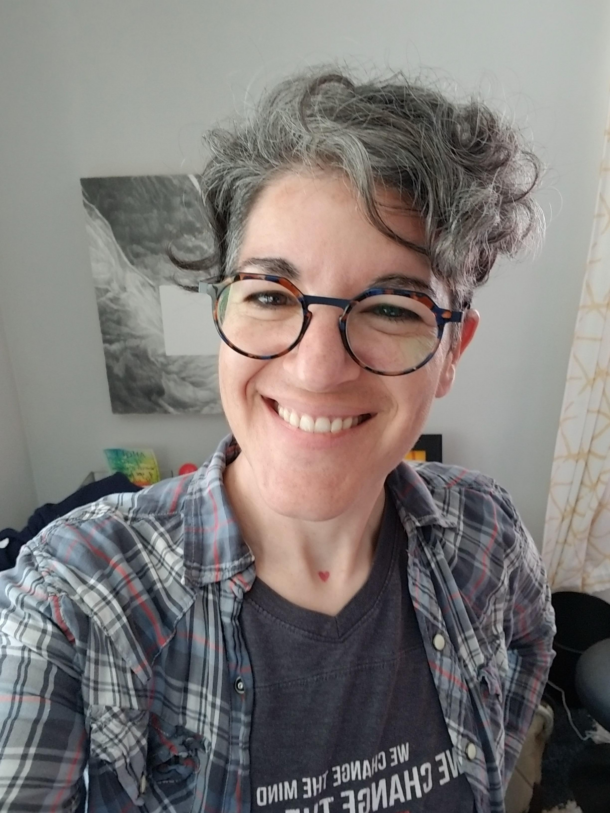Earlier this year, I wrote a little about the Tibetan meditation on death. It’s a way of focusing on the inevitable end of these lives such that we bring a greater appreciation and presence to the now. When I do this meditation, I tend to notice the beauty of my surroundings more acutely and I’ve been known to reach out to someone with whom I’ve had discord and offer a word of caring.
Last Monday, I published a post about the preciousness of time and honoring the gifts of time that people give us. Those thoughts have opened me to considering what it looks like to be more actively grateful, and how to put aside my ingrained drive for productivity in favor of deeper presence, whatever is happening in the moment.
The afternoon after the latter post came out, those two thoughts – of death, of presence – collided when I spoke to the daughter of a newer friend for the first time as she shared news of her mother’s death.
I found myself on the floor by my desk, drenched in the tears and sweat of grief, a gremlin voice shouting accusations from within my own mind. It showed me a slideshow of the many times I had driven by her parked car at the coffee shop where we first met and continued to meet, spurred to skip a visit by a busy working schedule and those days when I just couldn’t fathom one more conversation with one more person, even a person I enjoyed so deeply.
You could have done more, that voice inevitably says upon news of a death, and a part of me withers under the truth of the accusation.
Another part of me remembers what my mom said to me when my then-hubby’s beloved uncle passed and we were haunted by the rarity of our visits. “You could have gone and sat on his lap every day,” she said, “and you’d still find something to beat yourself up about.”
Yet, my mind mocked me over the next few days with a seemingly unrelenting list of ideas for conversations that I would uniquely enjoy with that friend. Another voice within me swore, “I will never skip a visit again!” even as yet another part of me whispered reminders of self-care and limits and the impossibility of perfection of any sort, including being a perfect friend.
So, I did a thought experiment in which I tested the idea of living each day as though it would be my last, or the last for those I love.
Try it with me? Imagine saying goodbye to your partner as you leave for work as though you may never get to share words with your beloved again. Imagine how you might interact with your kids and friends and favorite colleagues as though this was your final chance to connect. Imagine trying to do those things while also working as though this was your last day to make a professional impact.
I felt overwhelmed and exhausted by this exercise. You?
The facts, as I understand them, are these: We will all die someday and, when we do, we will leave our lives incomplete. There will be books left unread, projects left untouched, curiosities left unexplored, roads left untraveled. In that last breath, we will inevitably trap within us unsaid words and undocumented ideas, no matter how conscientiously we work to learn, document, and connect.
And, truthfully, I prefer this idea to the one in which I have reached a sense of completion while still filled with vital life force. The idea of having time left in this life in which I have no sense of purpose, of having nothing left to contribute be it personal or professional, strikes me as a living hell.
Would that I could tell you how I feel about that at my final breath rather than now, as I write this feeling healthy and enlivened by the beauty of the now and dreams of the future.
Barring that possibility, I will comfort myself with my certainty that my friend knew that I love her and my hopes that she found our friendship, however brief, as life-affirming and fulfilling as I did. I will endeavor to voice my affection proactively and for the sake of speaking from my heart, regardless of the possibility or presence of reciprocity. And I will continue to challenge myself, and invite others to challenge me, to do my best with my brief, precious life rather than avoiding what it is that I have to contribute through wasted time and fear-based self-diminishment.
And you, my friend? What will aid you in navigating the knowledge of our inevitably mortality while also avoiding the oppression and exhaustion of attempting to live perfect days?
